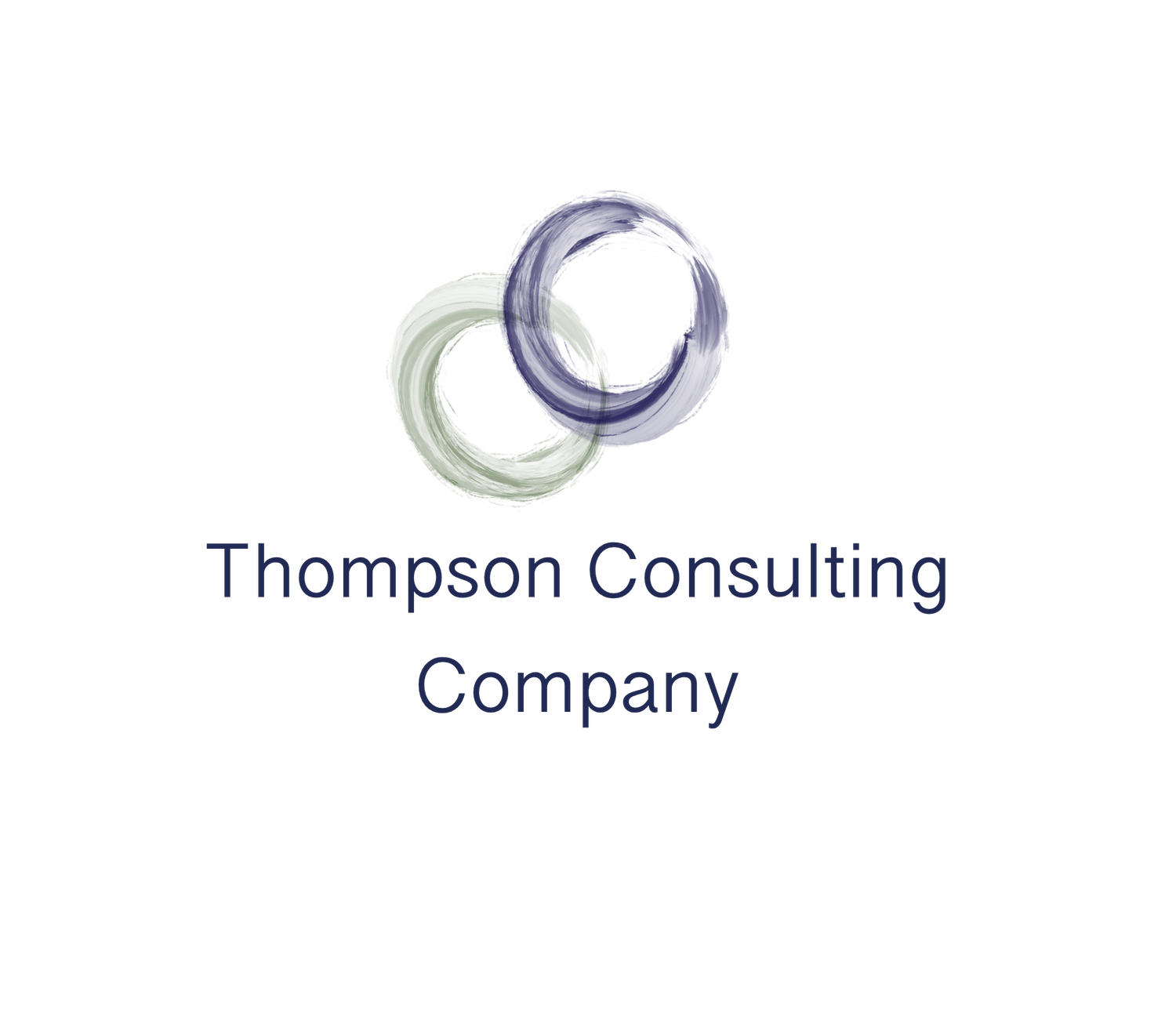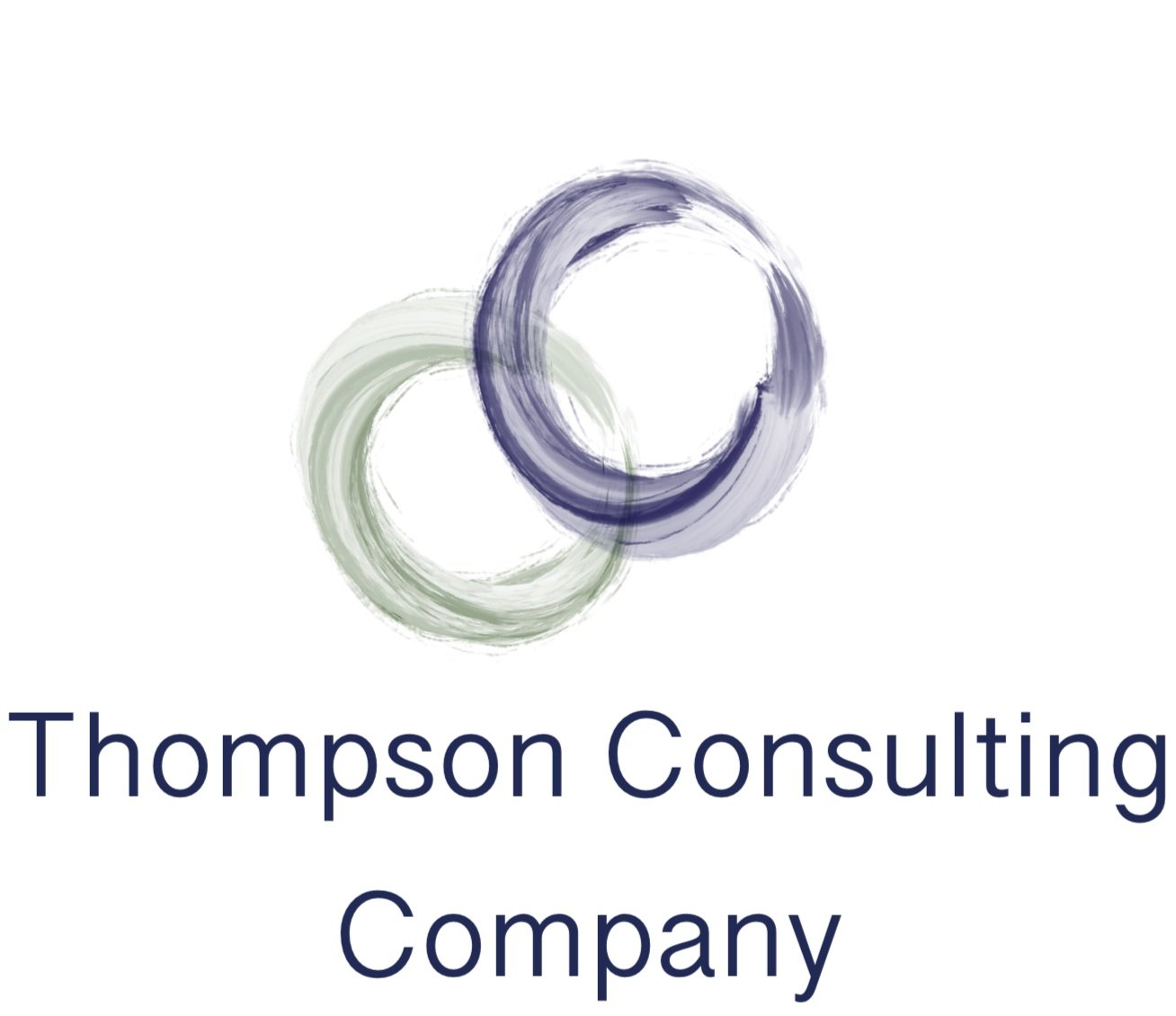Organizational Health and Development
Organizations need clear direction and living, breathing feedback loops.
Mission and Values Facilitation.
Clear mission and values statements are an invaluable guide for organizations as they strive to accomplish their goals. An organization that is committed to its mission and values will use them to make decisions, set priorities, and engage in strategic planning. When an organization is not committed to its mission and values, it may struggle to operate consistently and maintain its competitive edge.
Creating mission and values statements can be challenging, as the conversation beliefs about what is meaningful and right, which are often deeply held perspectives. Whether an organization is creating its mission and values from scratch or making adjustments to existing mission and values statements, skilled outside facilitation has many advantages, including:
An unbiased party to observe and reflect the themes that arise, which is a valuable way to “discover” the authentic values of a group
Outside facilitation of conflicts and disagreements related to the group’s mission and values to ensure that critical aspects of mission and values development are not suppressed to preserve false harmony
Professional facilitation of the balance between thorough discussion of relevant topics and keeping the process moving forward
Employee Survey Consulting and Action Planning
Soliciting feedback from employees across an organization facilitates continuous improvement. Many organizations conduct anonymous surveys and find that it’s one thing to collect the data, and another to effectively utilize it in the realization of organizational goals. I evaluate survey results and collaborate with leaders to create action plans that support the organization’s goals and values. Focused qualitative follow-up can bring actionable insights following an employee survey.
Qualitative Organizational Assessment
Using interviews, focus groups, and written assessments, qualitative organizational assessment methods can give you a different understanding of an organization than traditional scaled survey questions. Simply put, there are things that surface through conversations with people that wouldn’t come up if they are hustling to get through the annual employee survey. Qualitative methods give a more nuanced, human-centered picture of the experience folks are having in an organization, which creates an opportunity for executive leadership to make more effective decisions and action plans toward organizational improvement.
“One of the great challenges in life is knowing enough to think you’re right but not enough to know you’re wrong.”


